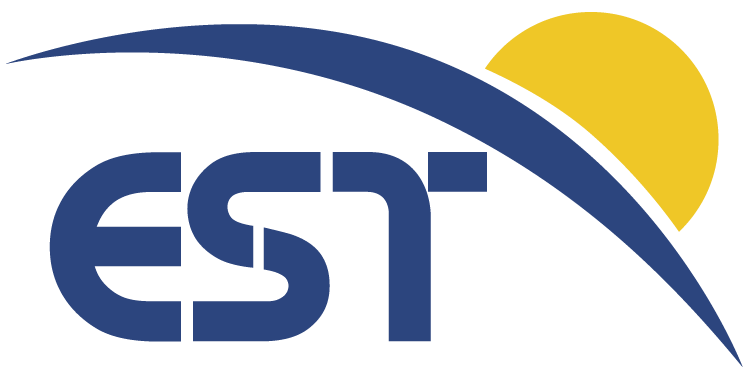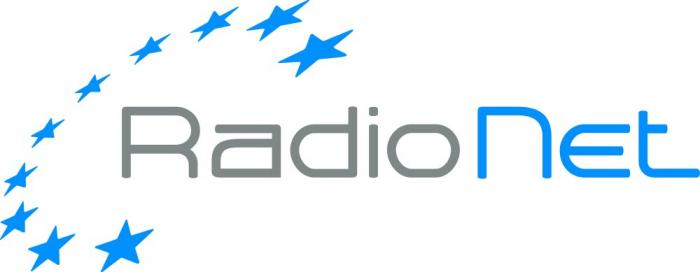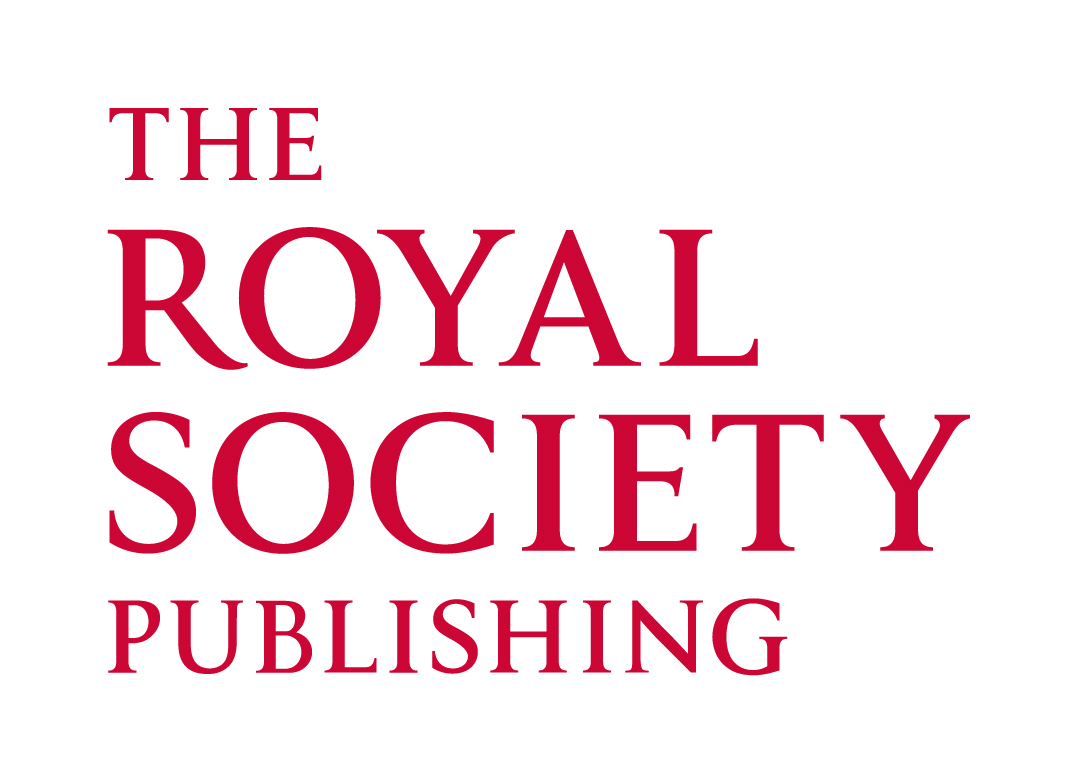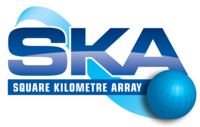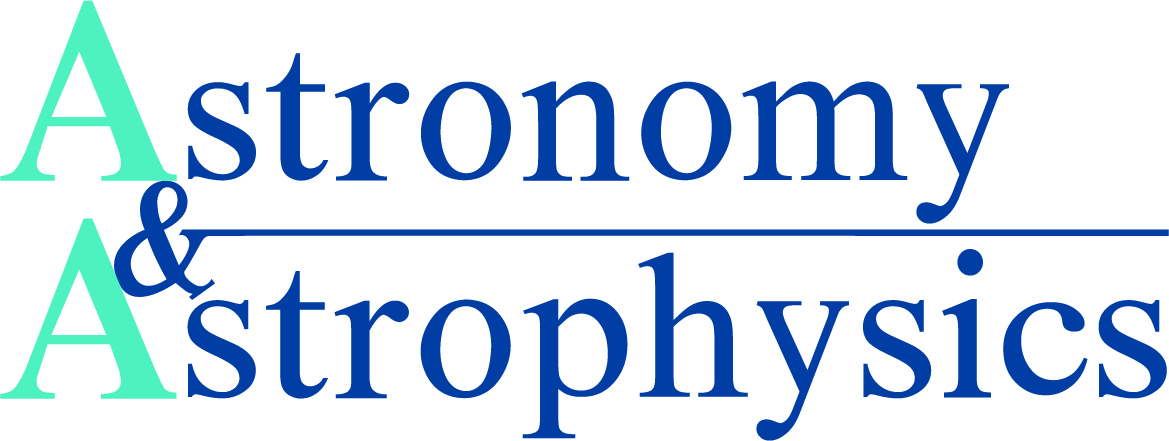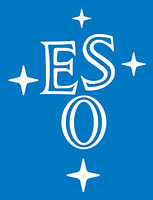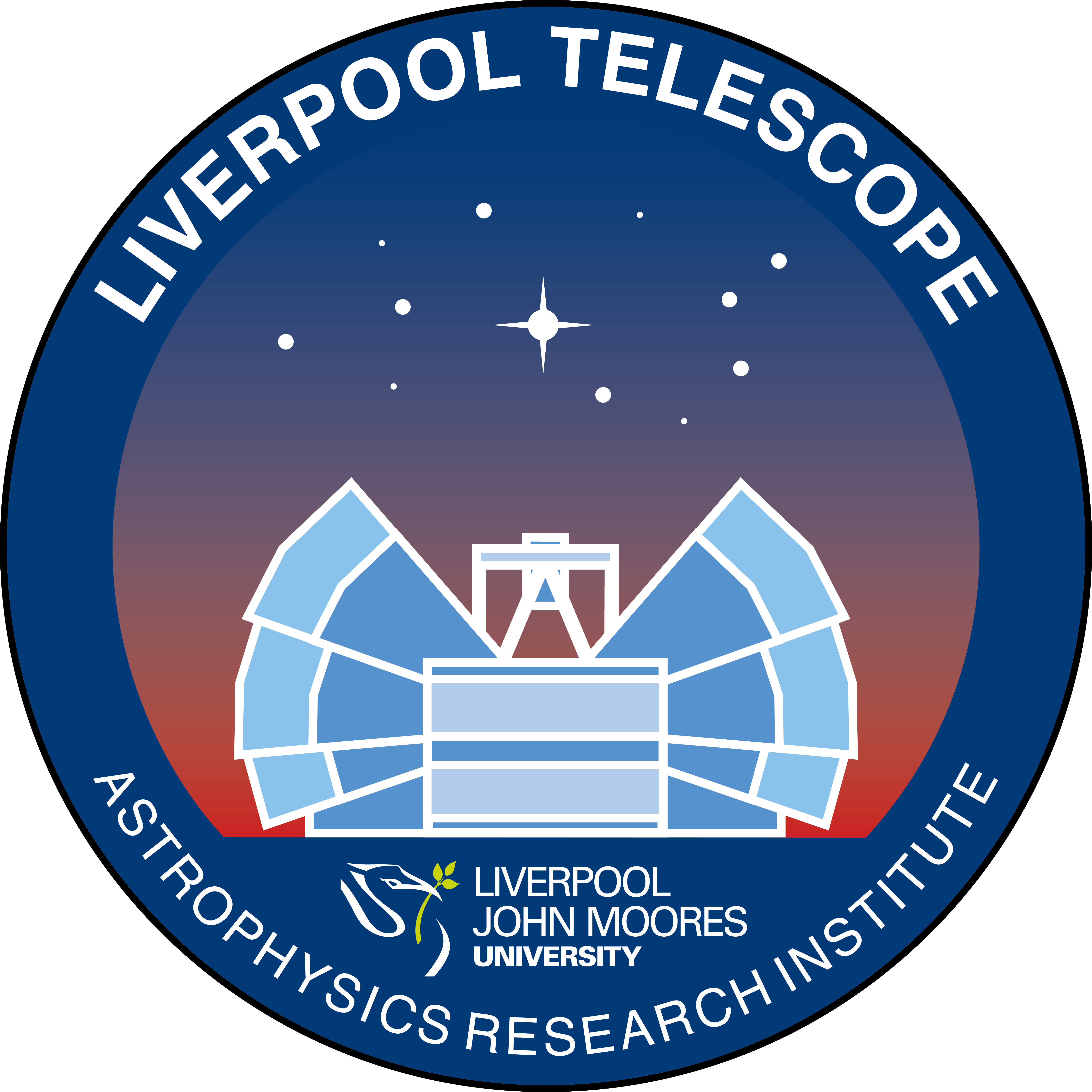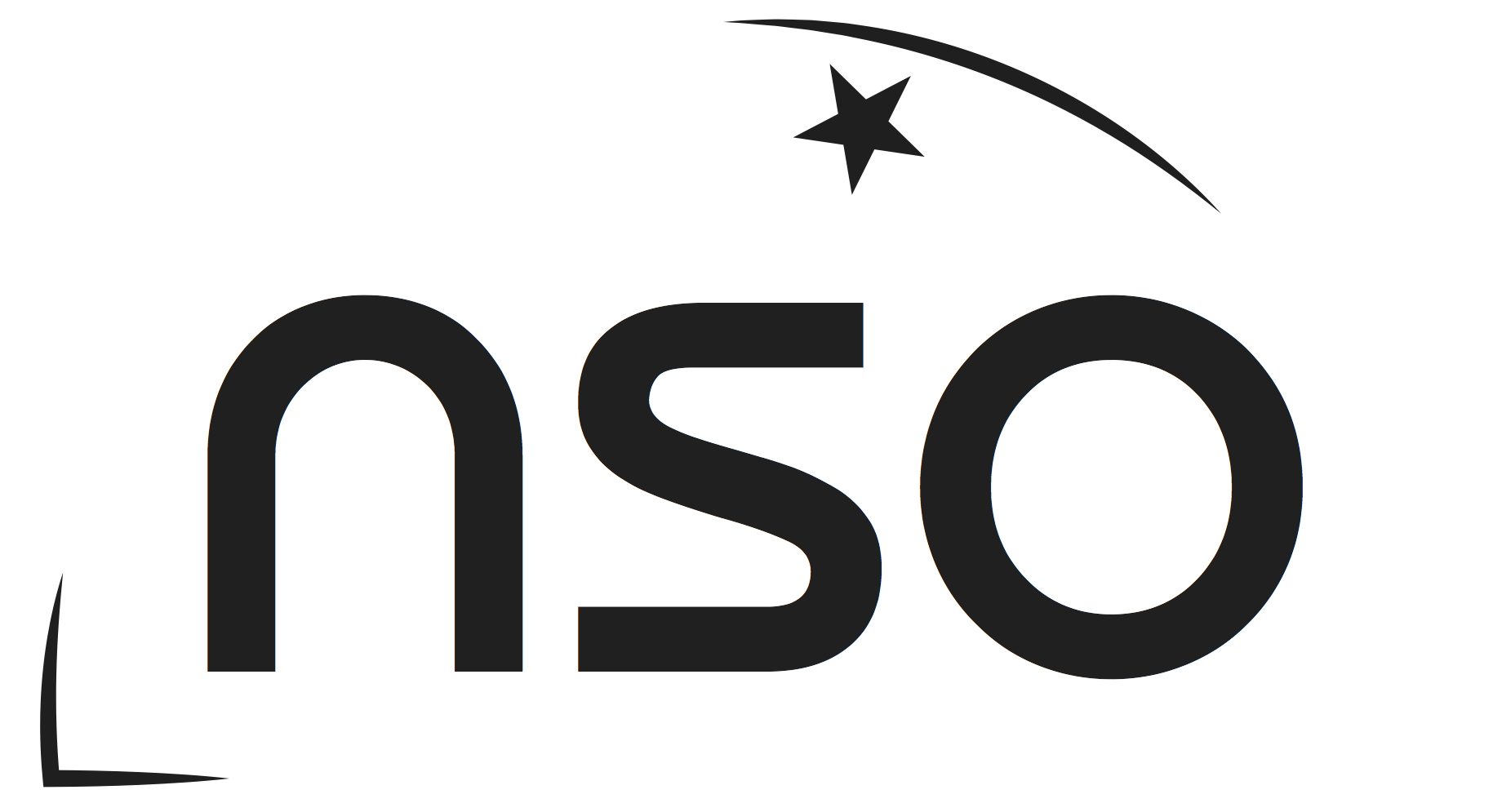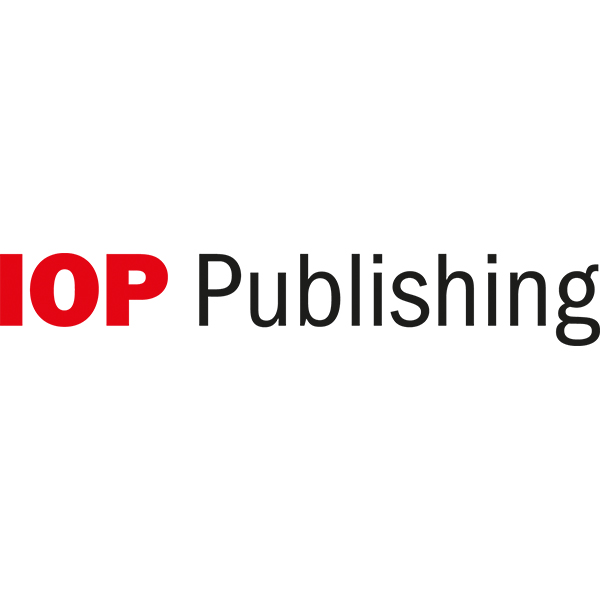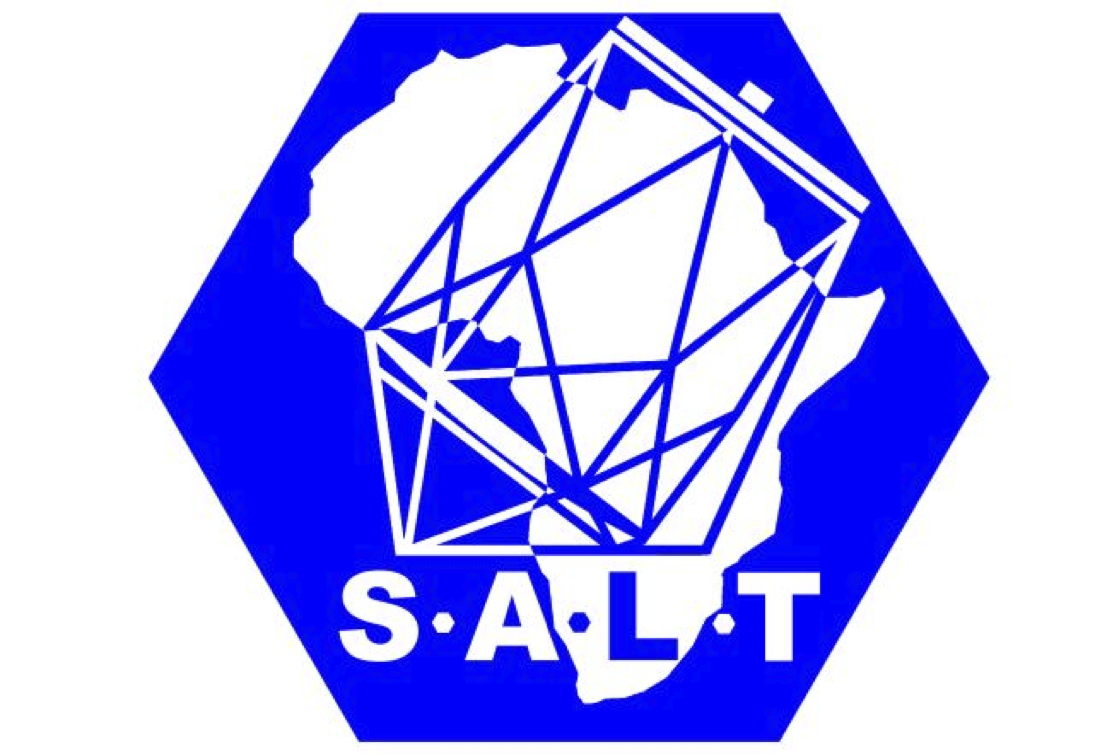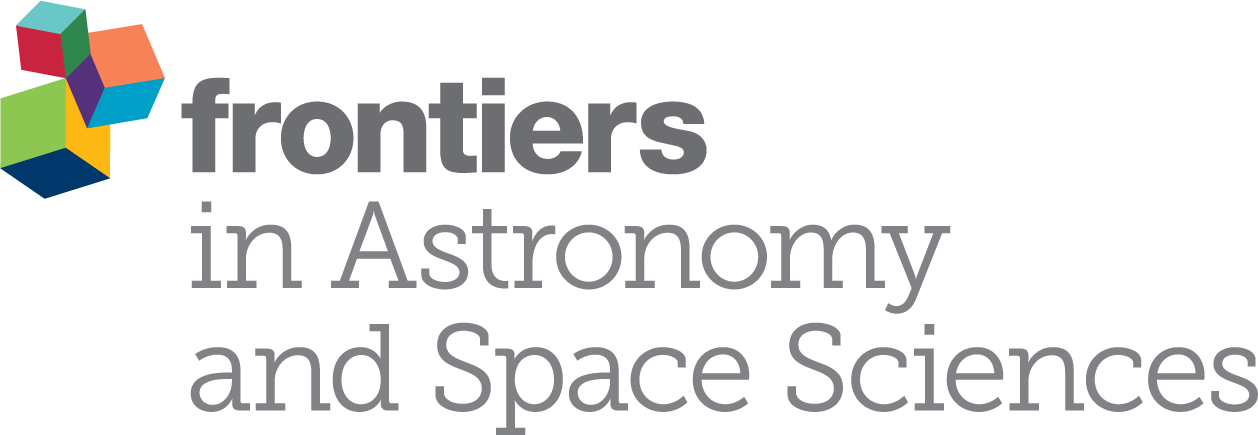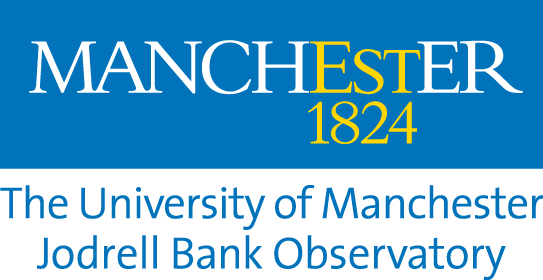Symposium S3
4 – 5 April 2018
Galaxy formation through cosmic time: synergising theory and observations in the era of large facilities
Aims and scope
 The past few years have seen state-of-the-art observatories, such as the Hubble Space Telescope, Sloan, Spitzer and Subaru, providing tantalising glimpses of galaxy formation, from the earliest galaxies assembling in the infant Universe to evolved systems in the local Universe. These observations have shed light on the redshift evolution of a number of key galaxy properties such as their luminosity functions, the cosmic stellar mass/star formation rate densities, dust masses and (mass-metallicity) scaling relations. Despite this progress, a number of compelling outstanding questions, regarding galaxy formation and reionization, persist including:
The past few years have seen state-of-the-art observatories, such as the Hubble Space Telescope, Sloan, Spitzer and Subaru, providing tantalising glimpses of galaxy formation, from the earliest galaxies assembling in the infant Universe to evolved systems in the local Universe. These observations have shed light on the redshift evolution of a number of key galaxy properties such as their luminosity functions, the cosmic stellar mass/star formation rate densities, dust masses and (mass-metallicity) scaling relations. Despite this progress, a number of compelling outstanding questions, regarding galaxy formation and reionization, persist including:
What is the key physics governing the formation of early galaxies?
What is the relative contribution of galaxies and AGN to reionization?
How did reionization proceed through time?
How did key (mass-)metallicity relations evolve through cosmic time?
How did galaxies at different cosmic epochs build-up their dust content?
In this era of new and upcoming cutting-edge facilities, such as LoFAR, MWA, SKA, JWST, E-ELT, ALMA, EUCLID, MUSE and Subaru/HSC, it is pertinent to discover and exploit the synergies between these different instruments in order to build a coherent picture of the Universe. Our aim is to bring together observational and theoretical experts in order to build a panchromatic picture of structure formation, galaxy build-up, and reionization and start a discussion on how to generate and exploit synergies between the next generation of observatories and between theoretical modelling and observations.
Programme
1. First stars, and the metal enrichment of the Universe
2. Reionization - its sources and imprints
3. Key physics and observables for galaxy formation
4. Probing the dust enrichment of the Universe in the ALMA-era
5. Evolution of mass-metallicity relations through time
6. Looking towards next-generation instruments (JWST/SKA/E-ELT/EUCLID)
Invited speakers
Scientific organisers
Dr. Pratika Dayal (Groningen University, The Netherlands) - corresponding organiser
Prof. Carlton Baugh (Durham University, U.K.)
Prof. Volker Bromm (University of Texas, U.S.A)
Prof. Marcella Carollo (ETH Zurich, Switzerland)
Dr. Michele Cirasuolo (ESO Munich, Germany)
Dr. Simona Gallerani (Scuola Normale Superiore Pisa, Italy)
Prof. Roberto Maiolino (Cambridge University, U.K.)
Dr. Cathryn Trott (ICRAR-Curtin University, Australia)
Contact
eor.ewass2018 @ gmail.com
Updated on Mon Nov 13 15:32:41 CET 2017
|
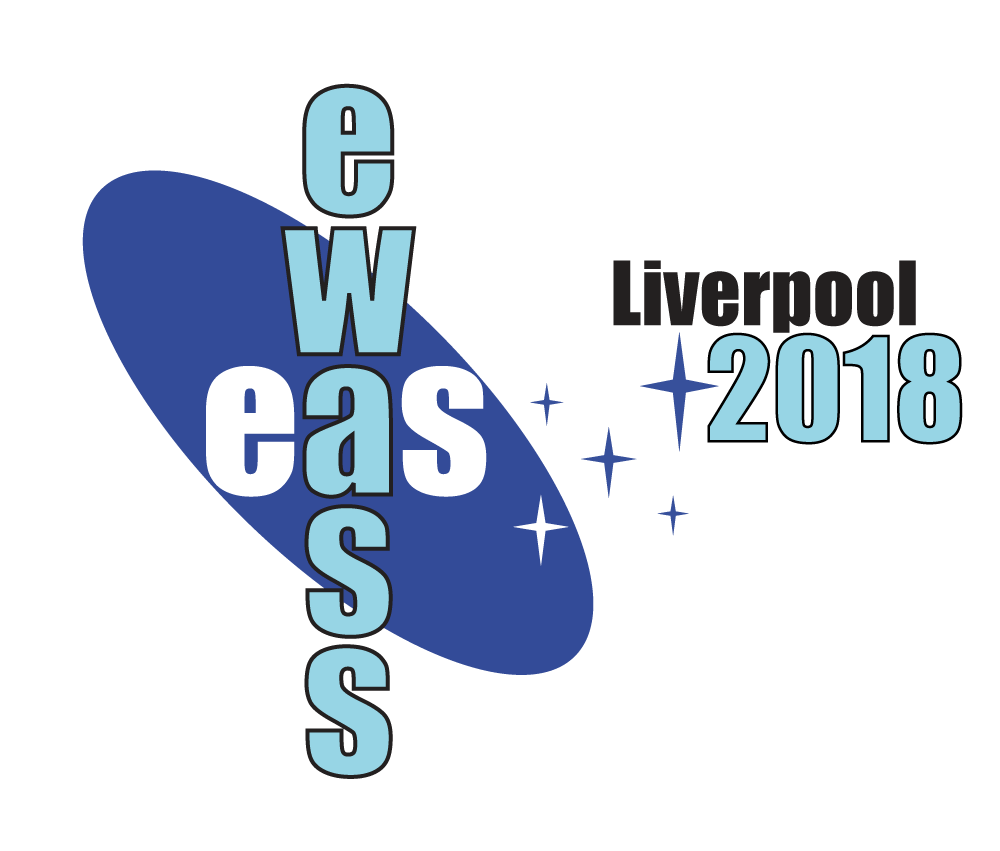
 A power cut will shut down all EAS services on Tuesday, 10 January 2017 starting at 7:30 CET.
A power cut will shut down all EAS services on Tuesday, 10 January 2017 starting at 7:30 CET.






